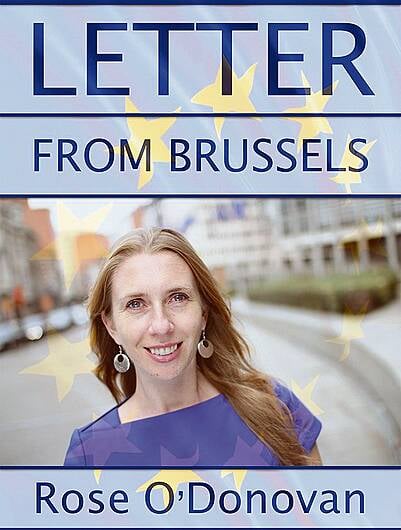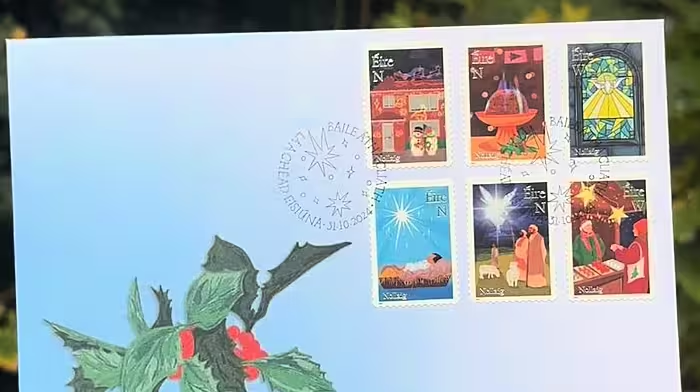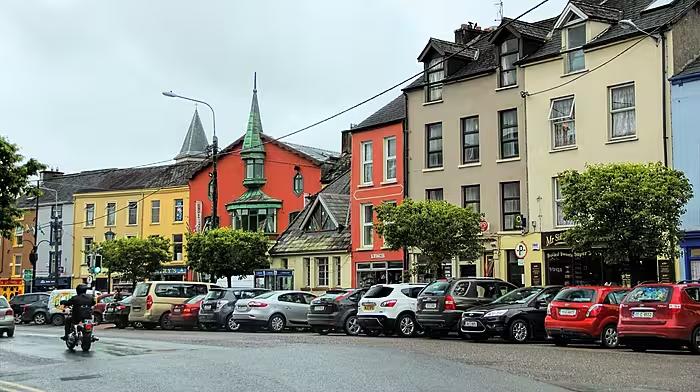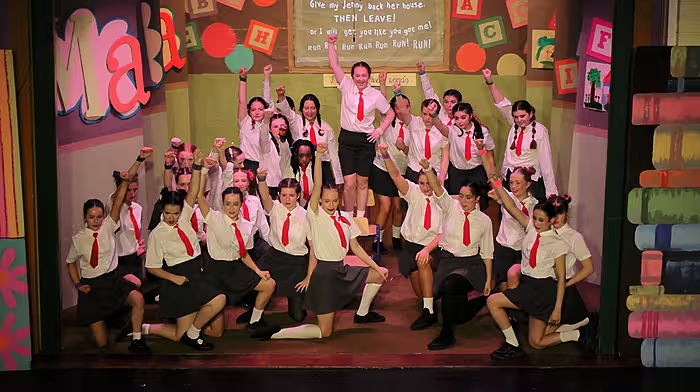The EU's largest farm lobby Copa-Cogeca –of which the Irish Farmers' Association is a member – slammed Commission plans to table further concessions for beef in a bilateral trade deal with the Latin American regional bloc Mercosur
THE EU’s largest farm lobby Copa-Cogeca – of which the Irish Farmers’ Association (IFA) is a member – slammed Commission plans to table further concessions for beef in a bilateral trade deal with the Latin American regional bloc Mercosur, from 70,000 to 99,000 tonnes, saying it would threaten quality European beef supplies and jeopardise growth and jobs in rural areas.
The call follows a high-level Ministerial in Brussels on January 30th between EU Commissioners Cecilia Malmström (Trade) and Phil Hogan (Agriculture), and the Foreign Affairs Ministers and top trade officials from the Mercosur side, where both teams presented their ‘red lines’ and areas where there was some room for manoeuvre. The Commission is understood to have circulated improved market access offers for beef, poultry, maize and sugar, while Brussels is said to be ‘looking into the rice sector.’
The figure for ethanol (600,000 tonnes) remains unchanged, according to sources close to the talks. Commenting at the end of January, the umbrella organisation’s Beef Working Party chairman Jean-Pierre Fleury underlined that ‘over 75% of the EU’s beef imports – 246,000 tonnes – already come from these countries,’ saying the EU’s unilateral move to increase its offer ‘in return for concessions in other sectors was unacceptable.
‘Now is not the time to propose this when we do not know the impact of Brexit talks,’ the French beef farmer outlined. Trade ‘must be minimised too for sugar, poultry, ethanol, rice and orange juice to the EU,’ he added.
At the Agriculture Council on the eve of the high-level Ministerial (January 29th), a coalition of ten Member States – Ireland, France, Austria, Italy, Greece, Slovakia, Slovenia, Poland, Hungary and Belgium – urged against further tariff concessions in the most sensitive agricultural products (beef, ethanol, sugar, poultry and rice) in trade negotiations with Mercosur.
The Irish and French delegations led the charge, with Ireland’s Minister of State for Food and Forestry Andrew Doyle – standing in for Minister Michael Creed, who had to attend an emergency Cabinet meeting on the forthcoming referendum on abortion at the end of May – made ‘no apology … for being very clear in our identification of what we see as threats to the European and Irish agri-food sectors when they arise.’
He stated: ‘A very clear, immediate and significant threat arises in the context of the EU-Mercosur negotiations. The Wicklow sheep, suckler and forestry farmer expressed Dublin’s ‘very grave concerns about the offer of a beef tariff rate quota of 70,000 tonnes made by the EU to Mercosur last October.’
Any offer beyond the proposed TRQ would ‘represent a reckless move that would simply compound the difficulties that have already been created and further jeopardise the prospects for the sector’ – a sentiment shared by his French counterpart Stéphane Travert.
At the time of going to press, EU-Mercosur negotiating teams were holding technical discussions in Brussels, with both sides keen to get a ‘balanced and ambitious deal’ over the line. Commission sources say the EU would like to see progress in five key offensive areas – dairy, Geographical Indications (GIs), cars/car parts, maritime services and government procurement.
The ball is now firmly in the court of the Latin American side, with Brussels keen to see improved offers on EU demands.
But the window of opportunity is narrowing, before Brazil’s election campaign kicks off in earnest (first round of general election on October 7th). In order to run for another office, the sitting president, cabinet ministers, governors and mayors must resign from their respective posts at least six months before the election (beginning of April), with officials pushing for a deal by the end of February.
If the deal goes ahead with Mercosur, it would be detrimental for the Irish beef sector, particularly at this time of uncertainty with our nearest neighbour and one of our key trade partners.
• Rose O’Donovan is Editor-in-Chief of the Brussels based publication AGRA FACTS and has been following the evolution of European farm policy for over 10 years.







